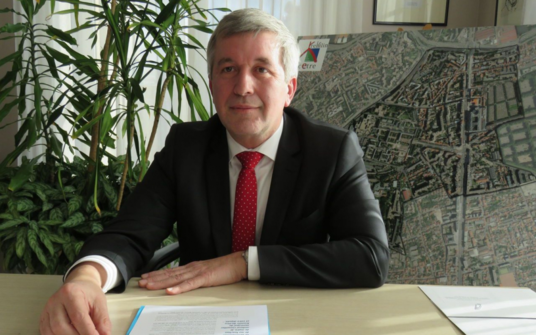The “tornado” Macron blew up traditional political parties in the presidential and legislative elections. The “magic” formula of “at the same time” confined them to the extremes: the so-called Republican right finds itself superimposed on the National Front; the shattered left is audible only through the slogans of Jean-Luc Mélenchon.
At the center, the nebulous group brings together in disorder the centrists from various factions, the constructive ones, the audacious, and all those who do not recognize themselves in the radicalization and who, at heart, have chosen, at least temporarily, the path of positivity towards the implementation of the reforms proposed by the new President of the Republic and his government.
But these new political positions do not erase the societal ideas and values that need to be expressed in an organized political offering.
The Republican and Citizen Movement, a formation of the Republican left, is one of them.
After the severe electoral defeat, this movement-party is even questioning its existence: in politics, an association of people makes sense only if there are contents to propose and spread.
This is why Jean-Luc Laurent, president of this party which was once that of Jean-Pierre Chevènement, who himself lost his seat as a deputy, has embarked on a pilgrimage across France to meet and listen to regional leaders and activists (in the Alpes-Maritimes, the MRC, led by former regional councilor and current municipal councilor in La Trinité, Ladislas Polski, counts about a hundred). This past weekend, he was in Nice and Marseille.
Like Diogenes with his lamp, Jean-Luc Laurent does not have formulas to impose but expresses doubt as a means to understand if this movement, which has sovereigntism and the intrinsic values of a social left in its genes, still has the conditions to carry out its battles.
Former right-hand man of Jean-Pierre Chevènement, whom he succeeded as head of the party in 2010, he is aware that the party offers a political position that is complicated to explain and defend, when the National Front opposes “the Europe of nations” with border closures and when La France Insoumise and what remains of the French Communist Party have adopted anti-capitalism rhetoric instead of denouncing and correcting the deleterious effects of liberal globalization and its excesses.
The system that kept a left, not always united but not always disunited either, functioning, allowing it to be a ruling force for rather long periods, will inevitably change: what kind of left will emerge from this period of mourning, analysis, reflection, reorganization, and renewal of its leadership? And in this new context, will there always be a place for the MRC, its values, its ideas, and its organization?
Faced with these questions, Jean-Luc Laurent’s analysis is uncompromising: “It is clear that the cycle opened by the 1971 Epinay Congress and the union of the left around a common government program is coming to an end. In the face of the field of ruins we see on the left and right, it is urgent to act to open a new cycle, rebuild the left, and prepare an alternative. The MRC is ready to invest in it.”
His outlook towards the future is uncompromising: “A leap is necessary. Especially since no one, nor any party alone, will be able to rebuild the left. The left will have to unite and define the form and content of this union.”
His conclusion is clear: “We will thus be able to offer citizens a project that will be an alternative to Emmanuel Macron’s liberal policies and demonstrate our desire for the social transformation of our country. It is a huge task, but without this work, the left will remain in opposition.”


